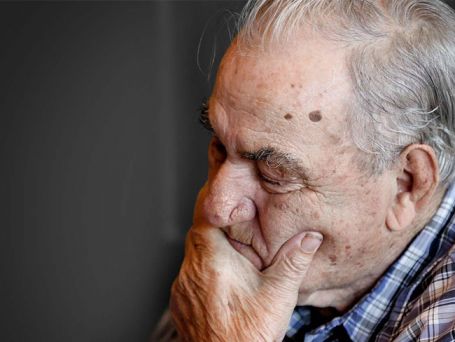Depression In The Elderly
It is sometimes triggered by a life-changing event such as losing a loved one or the loss of a family home. It can even be an illness which has built up over a period of time. Depression, however, is severely more prevalent among the elderly.

-
Key Signs
-
Help Available
-
What You Must Remember
Key Signs
The signs are there with every individual. They can range from a change in personality going from usually patient and calm to suddenly quick-tempered and aggravated. A loss of interest in a hobby which they love or even distancing themselves from family and friends whom they love to spend time with.
The more serious signs of depression are loss of appetite and a general lack of interest in their well-being to drinking heavily and thoughts of suicide.
Help Available
In the UK at present, there are many avenues an individual can take to help the symptoms of depression reduce.
The best place to start is usually by speaking with the GP and explaining the feelings and experiences which are disrupting your daily life, the GP can refer you to a counsellor who is someone you can sit with and talk through your current situation and feelings and are causing you to feel this way.
GPs may also suggest a short-term trial of antidepressant medication to help alleviate the symptoms along with a course of counseling.
What You Must Remember
The main thing to remember is that depression is not a weakness or a thing to be ashamed of, it is a medical condition that is treatable and manageable. And it can affect any one of us at some stage in our lives gone are the days of hiding these conditions in our families and from ourselves.
The first step to recovery is taking control of the situation and deciding to overcome the issue. From there, who knows, perhaps Home Care and Social Care might promote your independence further.
View Our
Information Categories
Require some assistance?
Our team of compassionate care specialists is ready to support you. Don’t hesitate to request a callback today for expert advice and guidance.